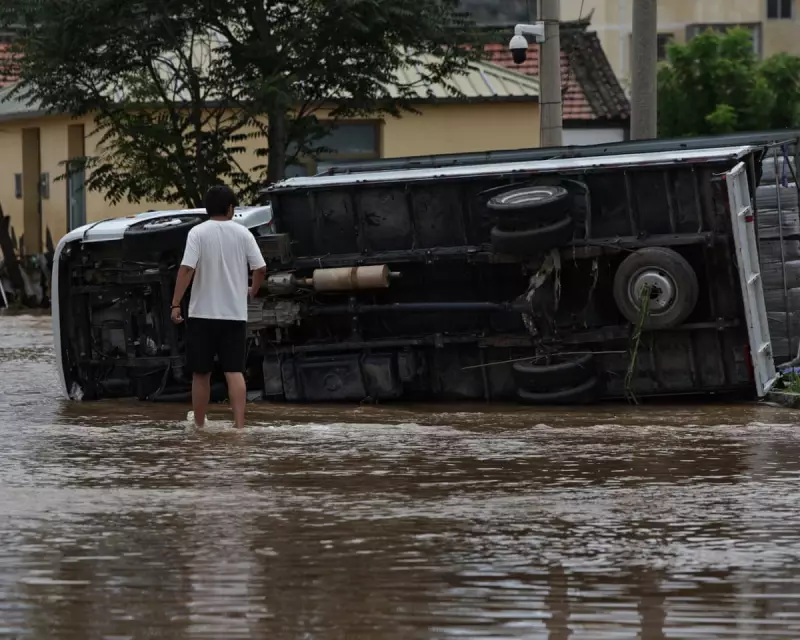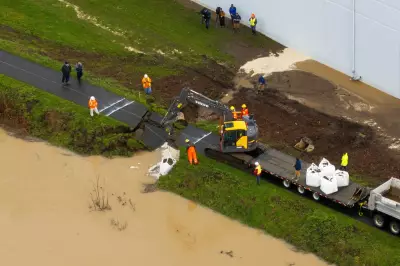
In a rare admission of failure, a senior Chinese official has publicly acknowledged the government's shortcomings in responding to the catastrophic floods that recently struck Beijing. The devastating deluge, which claimed dozens of lives and caused billions in damage, has raised serious questions about urban planning and emergency preparedness in China's capital.
Unprecedented Rainfall Overwhelms City
The floods, triggered by the heaviest rainfall Beijing has recorded in 140 years, submerged entire neighbourhoods, swept away vehicles, and collapsed critical infrastructure. Rescue workers battled chest-high waters to evacuate trapped residents as the city's drainage systems proved woefully inadequate for the unprecedented downpour.
Official Breaks Ranks With Surprising Candor
"We must honestly admit that there were deficiencies in our early warning systems and emergency response mechanisms," stated the official during a press briefing. This unusual display of transparency from a Chinese bureaucrat marks a significant departure from the government's typical stance of downplaying failures during natural disasters.
Public Outcry Forces Accountability
The admission comes amid growing public anger over the scale of destruction, with many citizens questioning why a modern metropolis like Beijing remained so vulnerable to extreme weather events. Social media platforms have been flooded with images of submerged streets and harrowing rescue attempts, despite authorities' efforts to control the narrative.
Climate Change Heightens Urban Risks
Experts warn that such disasters will become more frequent as climate change intensifies. "Beijing's infrastructure was designed for a different climate reality," noted one environmental scientist. "This tragedy should serve as a wake-up call for all major cities to reassess their flood defences."
The floods have left thousands homeless and disrupted vital supply chains, with the full economic impact still being calculated. As recovery efforts continue, many are watching to see whether this rare moment of official accountability will translate into meaningful policy changes.





